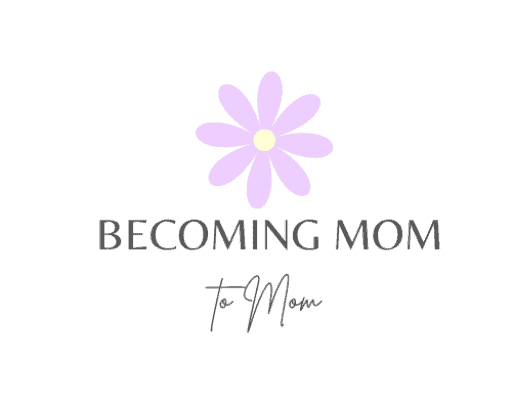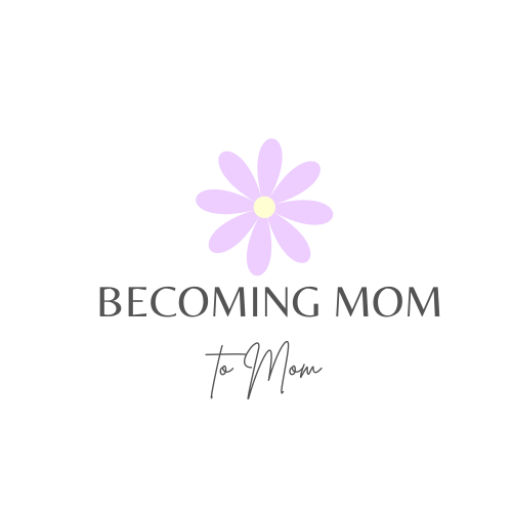Anticipatory Grief with Aging Parents
As I shared in my first few blogs, dealing with aging parents is a journey, a tough one. You think you are prepared, but emotions are real and heart ache is even more real. Through my own journey and conversations with friends in similar situations, I’ve researched the stage in which we begin to grieve for our parents while they are still with us.
Do you find yourself “wishing” they could still drive or cook your favorite dinner? Do you long for their memory to recall your most treasured stories from the past, the kind that make your heart full ❤️? What if you just want them to drive around town with you or play a round of golf? Sadly, if you are wishing they could still do something that was a favorite of yours, you have begun what is known as “Anticipatory Grief.”
The Washington Post wrote an interesting article last year and again, the words spoke to me as to where I am with my own journey. Take a look:
https://www.washingtonpost.com/wellness/2022/03/11/anticipatory-grief-meaning-coping/
Is this you too? Did anything about the article resonate with you? Here are my thoughts on the emotions that are tied to Anticipatory Grief:
- Sadness
- Defeat
- Anger
- Disbelief
- Hope
Are you sad, sad they are on the path to the bittersweet end? Maybe you feel defeated, especially if they’ve suffered from an illness such as cancer, Alzheimer’s or Parkinson’s. How about anger? Anger the clock is ticking and not enough time to accomplish all the things you want to do with your aging parents. Disbelief this is really where you are with taking care of your parents? Hope might be something we all have and for me, the hardest one. We still have hope they will rebound, beat the odds and surprise their doctors.
Below are a few ways you can cope with anticipatory grief:
- Create your village of support. Whether friends or family, having a support team in place is helpful throughout this journey.
- Spend as much time as you can with the impacted family member. Focus on being in “the moment” with that family member vs reminiscing about how things you used to do.
- Stay positive. Your own mental status is key to surviving this painful stage.
Remember, this is a chapter in your journey of dealing with Aging Parents.






